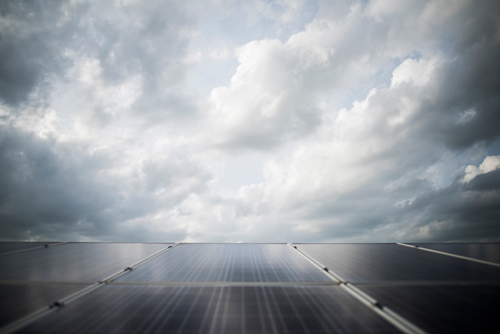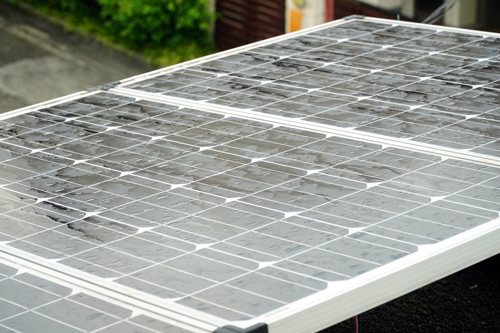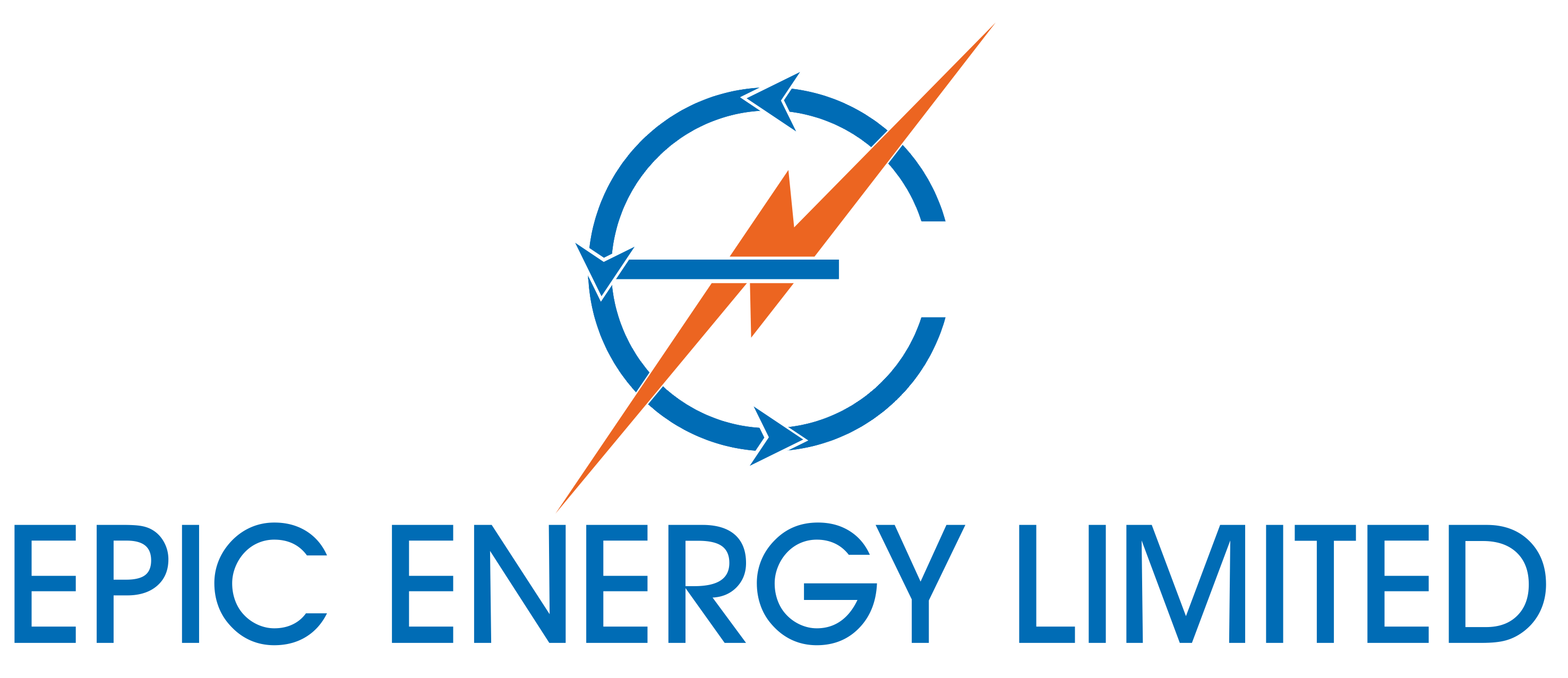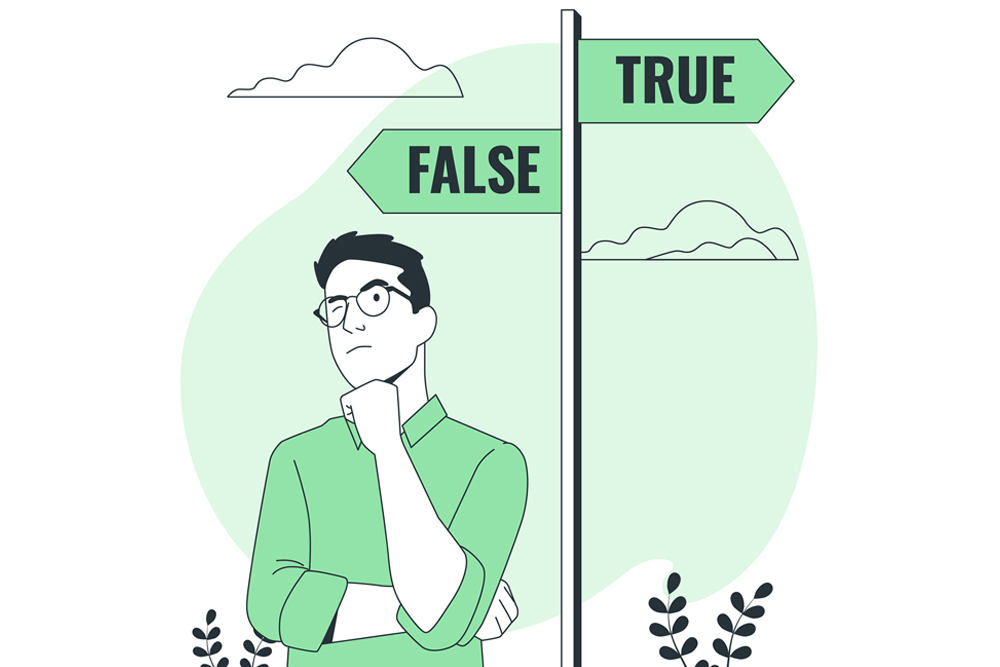Solar energy has become an increasingly popular source of renewable energy in recent years. Despite its growing popularity, there are still many misconceptions surrounding solar energy. In this article, we will debunk some common solar energy myths in the context of India.
Myth #1: Solar panels are too expensive
One of the most common misconceptions about solar energy is that it is too expensive for the average person to afford. While it is true that the initial cost of installing solar panels can be high, the long-term benefits of solar energy outweigh the initial investment. In fact, the cost of solar panels has decreased significantly over the years, making it more affordable for homeowners and businesses alike.
In India, the cost of solar panels has decreased by around 80% in the last decade, making it a viable option for many people. Additionally, the Indian government offers various incentives and subsidies to encourage the adoption of solar energy, further reducing the cost of solar panels.
Myth #2: Solar panels require a lot of maintenance
Another common misconception is that solar panels require a lot of maintenance, making them a hassle for homeowners and businesses. In reality, solar panels require very little maintenance once they are installed. Most solar panels are self-cleaning, and any debris or dirt that accumulates can easily be washed away with a hose or rainwater.
In India, where the weather is sunny for most of the year, solar panels require even less maintenance. In fact, the dry weather conditions in many parts of India can actually help keep solar panels clean.
Myth #3: Solar energy is unreliable
Some people believe that solar energy is unreliable because it depends on the weather. While it is true that solar panels require sunlight to generate electricity, advances in technology have made solar energy more reliable than ever before.
In India, where the weather is generally sunny for most of the year, solar energy can be a highly reliable source of electricity. Additionally, many solar panels are equipped with battery storage systems that allow them to store excess energy generated during the day for use at night or during periods of low sunlight.
Myth #4: Solar panels are not effective in cloudy weather
While it is true that solar panels generate less electricity in cloudy weather, they are still effective in producing electricity. Even on a cloudy day, solar panels can generate up to 25% of their normal capacity. In fact, Germany, which has a relatively cloudy climate, is one of the world’s leading producers of solar energy.
In India, where the weather is sunny for most of the year, cloudy weather is not a major concern. Additionally, advances in solar technology have made it possible for solar panels to generate electricity even in low-light conditions.

Myth #5: Solar energy is not suitable for all types of buildings
Another common misconception is that solar energy is only suitable for certain types of buildings, such as new construction or buildings with flat roofs. In reality, solar panels can be installed on almost any type of building, including residential homes, commercial buildings, and even historic buildings.
In India, where there is a mix of old and new buildings, solar panels can be installed on almost any type of building. In fact, rooftop solar panels are becoming increasingly popular in India, with many homeowners and businesses opting for solar panel installation on their rooftops.
Myth #6: Solar panels are not durable
Solar panels are not durable: Solar panels are designed to withstand harsh weather conditions, including extreme heat and cold. They are made of durable materials and can last for 25 to 30 years or more with proper maintenance.
Myth #7: Solar energy is not suitable for all regions
While it’s true that some regions are better suited for solar energy than others, solar panels can be installed almost anywhere in India. Even areas with less sun exposure can still generate enough electricity to be beneficial.
Myth #8: Solar panels will damage my roof
Some people believe that installing solar panels will damage their roof, but this is not true if the installation is done correctly. Solar panels are usually mounted on a metal frame that is secured to the roof with bolts or screws. The installation process is designed to be non-invasive and will not damage the roof.
Myth #9: Solar panels will not work in the rain and will get spoiled
This is a common misconception about solar panels, but the truth is that solar panels can still generate electricity even when it’s raining outside. In fact, rain can sometimes help to clean the panels and improve their efficiency. Additionally, solar panels are designed to withstand various weather conditions, including rain and hail. So, there’s no need to worry about your solar panels getting spoiled during the rainy season.

Myth #10: Solar panels can't be used at night
This is a common misconception about solar panels, but in reality, solar panels can still produce energy during the night with the help of battery storage. During the day, the solar panels produce more energy than what is needed, and the excess energy is stored in batteries for use at night or on cloudy days. So, with the right battery storage system, solar energy can be used 24/7, providing a reliable source of electricity even when the sun isn’t shining.
Conclusion
As solar energy continues to grow in popularity, it is important to debunk common myths surrounding solar energy. Solar panels have become more affordable, require little maintenance, and are reliable even in less sunny conditions. They can be installed on almost any type of building and are designed to be durable. With the right battery storage system, solar energy can be used 24/7, making it a reliable source of renewable energy.

